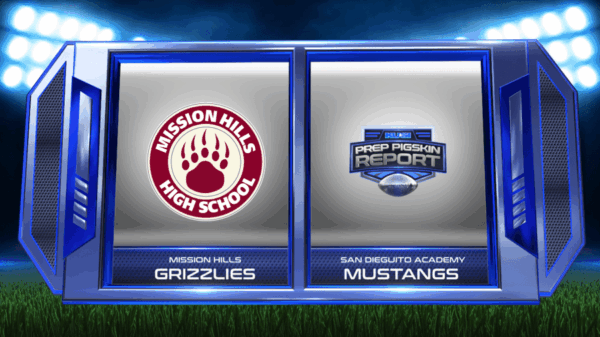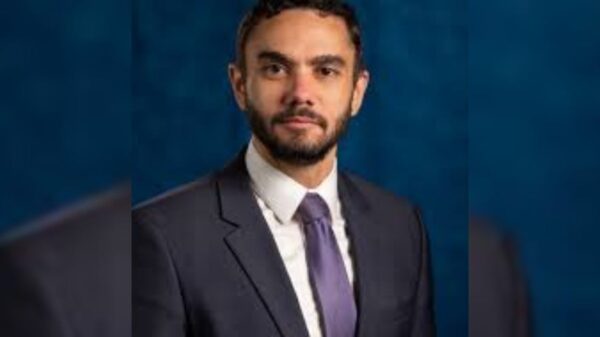The federal government is increasing its land control in Clark County, Nevada, where it now oversees a staggering 88 percent of the land. This expansion is part of a broader trend in which the federal government controls more than 80 percent of Nevada’s total land, equating to over 56 million acres. The Bureau of Land Management (BLM) holds the majority of this land, encompassing approximately 47 million acres, a situation that is raising concerns about the economic impact on local communities.
Land Ownership and Development Challenges
The situation in Clark County highlights a critical issue for local development. Since the enactment of the Southern Nevada Public Lands Management Act in 1998, intended to facilitate land sales for development, the federal government’s ownership has only increased. According to Mike Ford, a former BLM employee and co-founder of a public lands consulting firm, the state of Nevada has less land under state control now than it did in 1998. Ford noted, “In Southern Nevada, this problem has always been acute for us because we have no state land.”
A specific clause in the act allows federal authorities to use proceeds from local land sales to acquire privately-owned “sensitive” lands elsewhere in Nevada. This ongoing acquisition process has created a significant barrier for housing development in the region, exacerbating affordability challenges.
Shawn McCoy, director of the UNLV’s Lied Center for Real Estate, emphasized the ramifications of this land control. He stated, “If land is constrained, land costs will be higher.” With approximately 90,000 acres of accessible land in Clark County, only around 25,000 acres in the Las Vegas Valley is currently available for development. Without a significant economic downturn, this supply is projected to be depleted within the next six to eight years.
Implications for Housing and Infrastructure
The implications of federal land control extend beyond mere availability; they significantly impact housing prices. As land costs increase, developers are increasingly unable to create affordable housing options, particularly in low-income areas. This trend could lead to systematically elevated rents, making it harder for residents to find affordable living spaces.
In light of these challenges, the Biden administration has announced efforts to release more federal land for housing development. In March, Interior Secretary Doug Burgum and Housing and Urban Development Secretary Scott Turner unveiled an initiative aimed at addressing the housing crisis by easing federal land restrictions. The success of these efforts will be crucial for the future of Clark County and its residents.
As the federal government continues to expand its landholdings, local officials and residents remain hopeful for tangible results from the recent initiatives. The need for a balanced approach in land management is more pressing than ever, as the economic health of Southern Nevada hangs in the balance. The ongoing challenge will be to ensure that federal policies provide both environmental protection and local development opportunities, creating a sustainable future for the community.







































































